A new study shows the Zika virus is present in saliva — but it may not be enough to make you sick.
The Centers for Disease Control and Prevention notes there is "no evidence that Zika can be transmitted through saliva during deep kissing." Given the results of research published in the journal, Nature Communications," the agency may need to revise its guidance.
Can You Get Zika from Kissing?
In the new study, researchers note the presence of the Zika virus in body fluids. Transmitted through multiple modes of sex, via pregnancy, and most commonly — by mosquito — scientists are evaluating the oral route, through saliva.
In this study, the team from the University of Wisconsin-Madison used monkeys to understand better if saliva can transmit Zika, and if so, how worrisome is it?
To find out, the researchers swabbed the tonsils of five uninfected monkeys with saliva concentrated from three infected monkeys to make a high viral dose. And by saying concentrated, the researchers really mean it — the dose was 80,000 times greater than naturally occurring in the saliva of the infected monkeys. Researchers used the Zika strain circulating predominantly in South and North America at present. Why the tonsils? Because they are commonly harbor virus in other infections, including Epstein-Barr and the flu.
The result of this stage of the experiment showed that none of the saliva-swabbed monkeys developed an infection. Two other monkeys whose eyes and nose were swabbed with saliva also did not develop an infection.
When assessing the oral transmission route, scientists wrote that "diluting Zika virus in saliva results in a statistically significant reduction" in the viral load in the saliva.
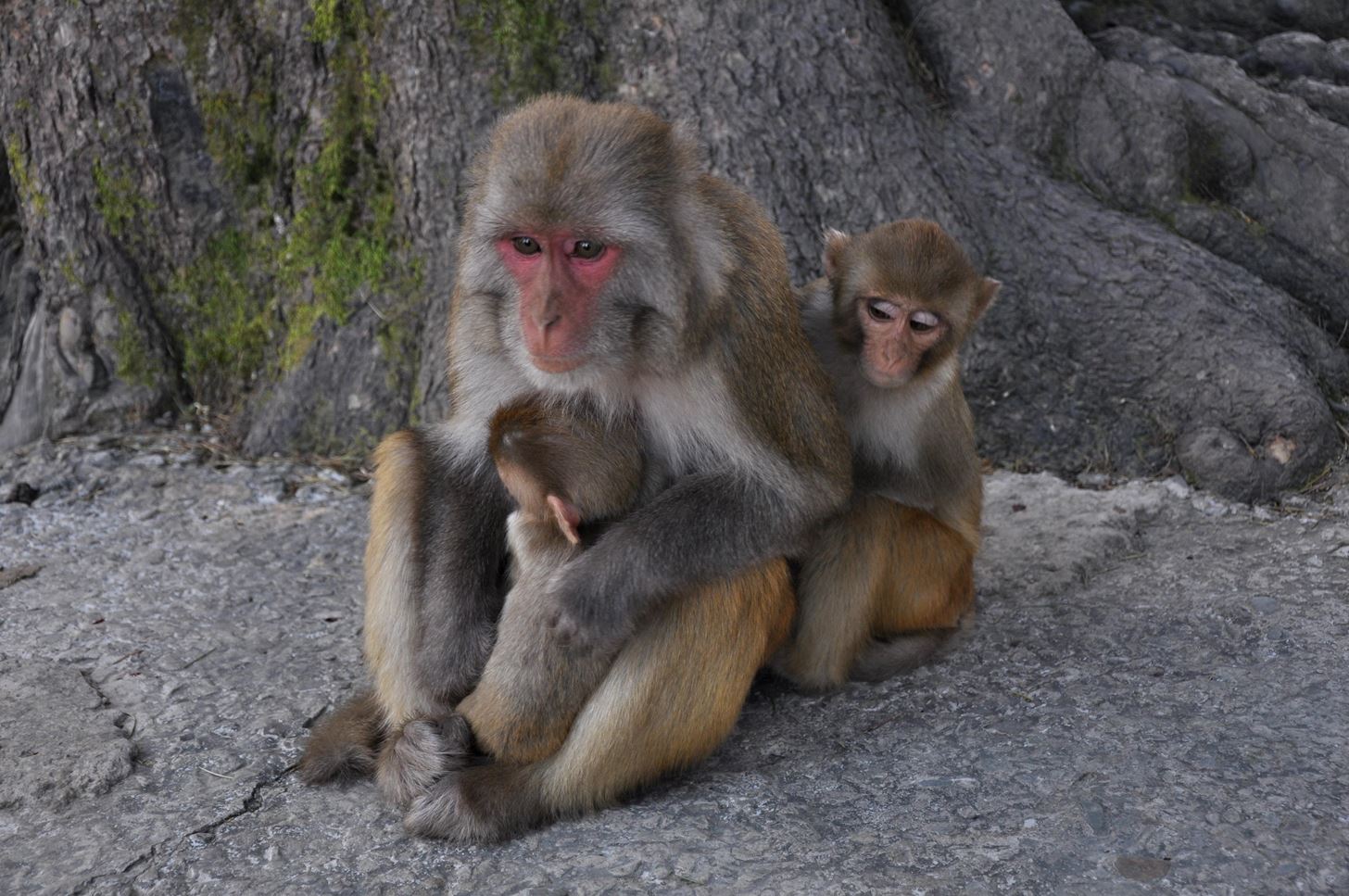
To test direct exposure, researchers swabbed the tonsils of uninfected monkeys with the Zika virus directly, without diluting it in saliva. These monkeys became infected with Zika virus. A couple of takeaways from this research include:
- Bottom-line — the Zika virus can, technically, be transmitted orally. The monkeys directly exposed to Zika through their tonsils were infected.
- In this study, Zika virus did not cause infection when delivered through saliva. The study authors remark that dilution is a factor, as well as saliva being "a natural barrier to virus transmission in the oral cavity." The researchers add that other virus, like influenza A and HIV, can be detected in the saliva of infected people, but infection "in many cases is considered low risk." Part of this could be due to antimicrobial compounds in saliva and the fact that saliva is gooey, helping to trap pathogens before they can gain a foothold.
This study suggests that Zika is not likely to be casually transmitted through kissing. Concern for this route of transmission became elevated when a Utah man contracted Zika virus after acting as a caretaker for his elderly father who died of the virus. Despite intense investigation, investigators were not able to determine a route of transmission other than the tears and sweat of the patient as he was provided care.
In a press release, researcher Tom Friedrich, noted: "The case in Utah was an outlier — by orders of magnitude — in terms of the amount of virus that was present in his blood. Transmission via saliva is theoretically possible, but it would require extraordinarily high viral loads that just aren't present in the vast majority of infected people."
The study adds to the developing knowledge base around Zika. Knowing how we get sick from Zika, and other pathogens gives us a chance of developing tools and educational outreach to help others avoid infection.
Just updated your iPhone? You'll find new emoji, enhanced security, podcast transcripts, Apple Cash virtual numbers, and other useful features. There are even new additions hidden within Safari. Find out what's new and changed on your iPhone with the iOS 17.4 update.






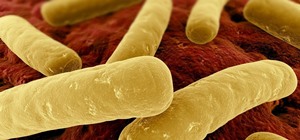


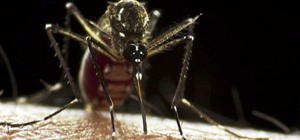
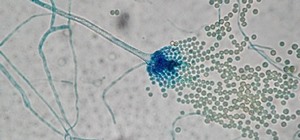
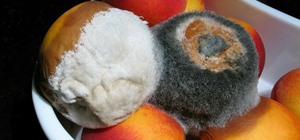





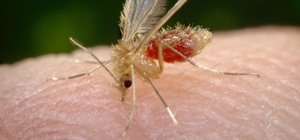
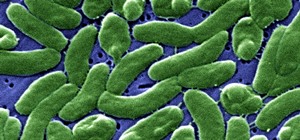



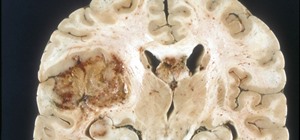
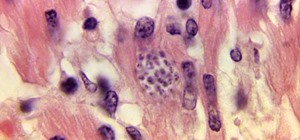
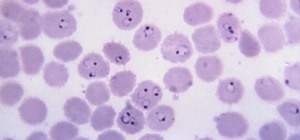


Be the First to Comment
Share Your Thoughts